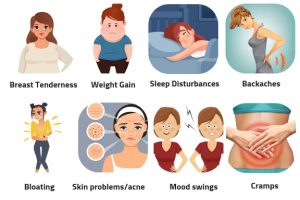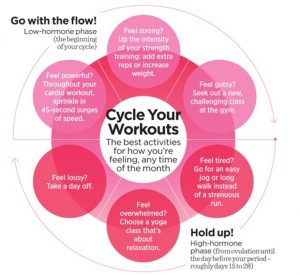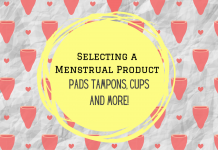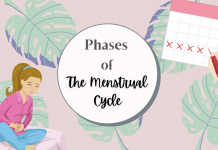Everyone who menstruates, especially cis women, has had someone ask them these questions at some point in their lives. Menstruating people have been known to have mood swings, food cravings, and dare I mention, cramps. Let’s talk about PMS aka Pre Menstrual Syndrome.
” Are you PMSing?”
“Is your period around the corner?”
“Is it that time of the month again?”
“Are you in your period?”
What is PMS?
As a matter of fact, over 80% of people who menstruate experience some or other symptoms of PMS. But the question arises- what is PMS anyway?
PMS, short for Pre Menstrual Syndrome, is a set of symptoms that menstruating people experience before their period arrives that can go up to the first two days of the period. PMS can be different for everyone, some people can go without while experiencing any symptoms at all, some might experience more severe symptoms.
Symptoms during PMS
Pre Menstrual syndrome causes menstruating people to experience a set of symptoms that can be physical or psychological. Out of the following symptoms, people may experience only a few of them.
Physical Symptoms
Physically, people may experience the following symptoms-
- Headache
- Nausea and/or Vomiting
- Bowel Problems (e.g.Diarrhea)
- Tender and/or swollen breasts
- Weight gain due to fluid retention
- Indigestion and Heartburn
- Cramping
- Low sex drive
- Skin changes (Oily skin, acne)
Along with these symptoms, alcohol intolerance could also be added to the list.

Psychological Symptoms
Psychological Symptoms of PMS could be as follows-
- Mood swings (anger, irritability, sadness)
- Crying spells
- Depression-like symptoms
- Changes in appetite (cravings)
- Sleeping Problems
- Decreased focus
- Anxiety
- Feeling overwhelmed
If you experience any of the above-mentioned symptoms to an intensity that interferes with your daily activities, then it is best to contact your healthcare provider as it could be indicating a health condition.
When does this happen? How to identify and track Pre Menstrual Syndrome
An average person’s menstrual cycle lasts for 28 days. Depending upon a person’s lifestyle and health conditions, this cycle can vary between 21 to 35 days (approx.). In an average cycle, the egg is released (ovulation) around day 14 of the menstrual cycle. PMS starts at ovulation and can last up to 2 to 7 days after the beginning of menstruation.
![]()
If you think what you are experiencing might be PMS, then it might be best for you to track your cycle. You can mark the days when you might be experiencing any of these symptoms on a calendar or you can just download an app to track your cycle like Clue. If it is PMS, you will notice a rhythmic occurrence of these symptoms.
Should I see my doctor?
You should see your doctor when-
- Your symptoms are severe enough to interfere with your daily life
- The symptoms don’t go away
- Symptoms are recurrent more than once in a time frame
Or when the symptoms are absent between ovulation and your period.
Your doctor may ask you if you have any history with mood disorders, depression, anxiety in your family, or if you have anything else that has symptoms similar to PMS like hyperthyroidism, IBS, pregnancy, etc.
How to handle Pre Menstrual Syndrome
PMS cannot be cured but by making certain changes to your lifestyle can help you ease the symptoms. If you have mild to moderate PMS then the following tips will be helpful for you-

- Stay Hydrated
Make sure to drink plenty of fluids to ease the abdominal bloating. - Eat Healthily
Eating a balanced diet will not only help you with PMS but also help you stay healthy overall. Your body needs the nutrients to stay energized and healthy. - Reduce the intake of caffeine, alcohol, excessive salt, and sugar.
- Increase Vitamin D intake
- Take 7 to 8 hours of sleep at night
- Avoid stress.
Meditate, or read a book or talk to someone. - Exercise
Exercise helps ease symptoms of PMS and specifically reduces bloating. Introduce exercise in your daily routine.
You can also take over-the-counter medication to relieve cramping. Take diuretics to reduce weight gain and bloating.
If you liked What is Pre Menstrual Syndrome (PMS)? How to handle PMS. Also, read Top 5 eco-friendly menstrual products you should know about.




